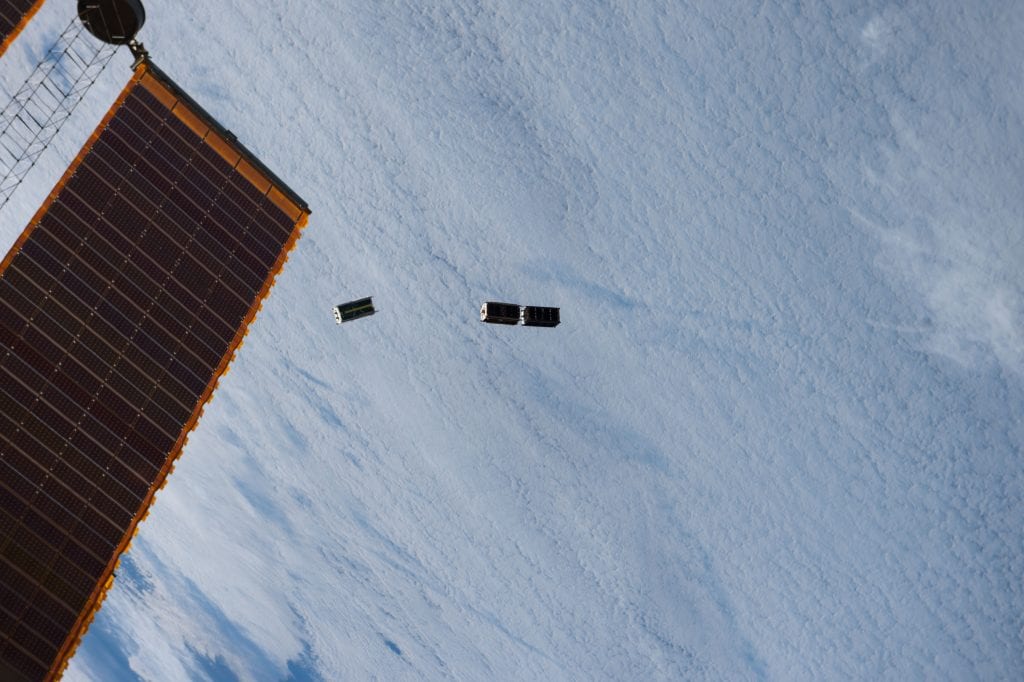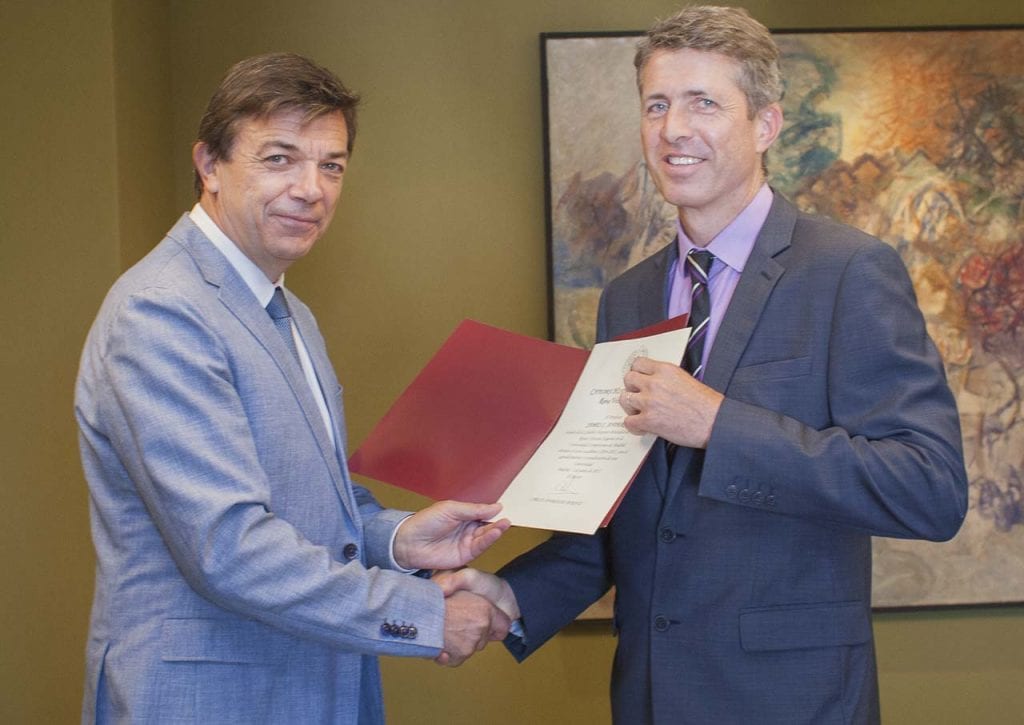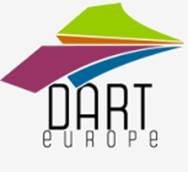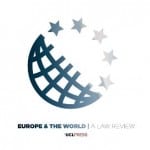Neuromarketing goes global
By By Guest Blogger, on 10 November 2017
By Joe Devlin, UCL Experimental Psychology, Div of Psychology & Lang Sciences
When John Hogan and I began running Neuromarketing Workshops we received a noticeably cool reception from colleagues. To most neuroscientists, “neuromarketing” epitomizes the worst of pseudo-science and is used to exploit unsuspecting companies. But business leaders are genuinely interested in what neuroscience and psychology can offer them and they naturally want to take advantage of the latest scientific knowledge. Where can they go to get accurate, unbiased information? UCL’s reputation as a world-leading research institution provided the perfect opportunity to uniquely meet this need and deliver global impact.
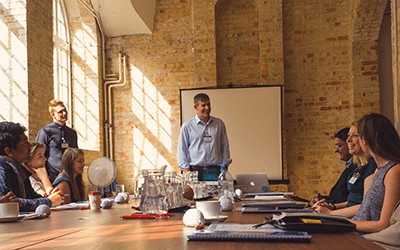 When we began, we assumed that our workshops would primarily attract people from marketing companies around London. In fact, there was much wider interest than we anticipated. Over the last two years, our participants have come from a range of industries beyond marketing, including retail, fashion, publishing, finance, and government. In addition, they came not only from the UK but also from Brazil, Canada, Denmark, France, Italy, South Africa, Thailand, Turkey, the UAE and the USA. Being based in the heart of London clearly appeals to a wide audience, many of whom are willing to travel considerable distances to attend.
When we began, we assumed that our workshops would primarily attract people from marketing companies around London. In fact, there was much wider interest than we anticipated. Over the last two years, our participants have come from a range of industries beyond marketing, including retail, fashion, publishing, finance, and government. In addition, they came not only from the UK but also from Brazil, Canada, Denmark, France, Italy, South Africa, Thailand, Turkey, the UAE and the USA. Being based in the heart of London clearly appeals to a wide audience, many of whom are willing to travel considerable distances to attend.
Fostering marketing and neuroscience collaborations in Brazil
This year we had an opportunity to run a series of seminars and workshops on a two week trip to Brazil, organized through UCL Consultants (UCLC). In São Paulo we spoke to business leaders about the appeal of neuromarketing and its potential for improving our understanding of consumer decision making. In Rio de Janeiro we spoke at the government’s House of Business, where we discussed how even micro-to-small sized enterprise can benefit from neuromarketing (and crucially, how to avoid neuromarketing snake oil).
 Finally in Brasilia, we were hosted by the University of Central Brazil’s (UniCEUB) marketing school to speak with faculty and students. There we focused on the science behind neuromarketing and the need to foster stronger collaborations between marketing and neuroscience in order to further develop the field.
Finally in Brasilia, we were hosted by the University of Central Brazil’s (UniCEUB) marketing school to speak with faculty and students. There we focused on the science behind neuromarketing and the need to foster stronger collaborations between marketing and neuroscience in order to further develop the field.
In all three cities, we ran in-depth two-day workshops that fleshed out these concepts, provided case-study examples (of both good and bad neuromarketing), and engaged participants with hands-on learning activities. Ultimately about 70 people attended the workshops and another 150 came to the lectures.
Building partnerships through engagement and enterprise
For us, the workshops are both exciting and slightly terrifying as we are often challenged to apply the research we discuss to real-world situations on the spot. On the plus side, this has led to new industry-funded research projects. Following our Brasil trip, we are now in discussions with two large, international companies about how they can use consumer neuroscience to understand their customers better.
In our experience, these types of opportunities provide access to new research questions, novel (and rather large!) data sets that go beyond anything we could collect in the lab, and unique opportunities for students to apply their knowledge towards solving real-world problems. We were also invited by Brazil’s small business association to help them co-create content about neuromarketing to share with businesses throughout the country via the Sebrae Corporate University.
In a recent Vice-Provost View in The Week@UCL, Dr. Dame Nicola Brewer (Vice Provost International) revealed that the Global Engagement Office has made substantial progress delivering on our Global Engagement Strategy (GES) goals with an investment of less than half a percent of UCL’s overall expenditure. Building partnerships through engagement and enterprise also helps to meet our GES objectives, while at the same time generating revenue and novel research opportunities.
 Close
Close


